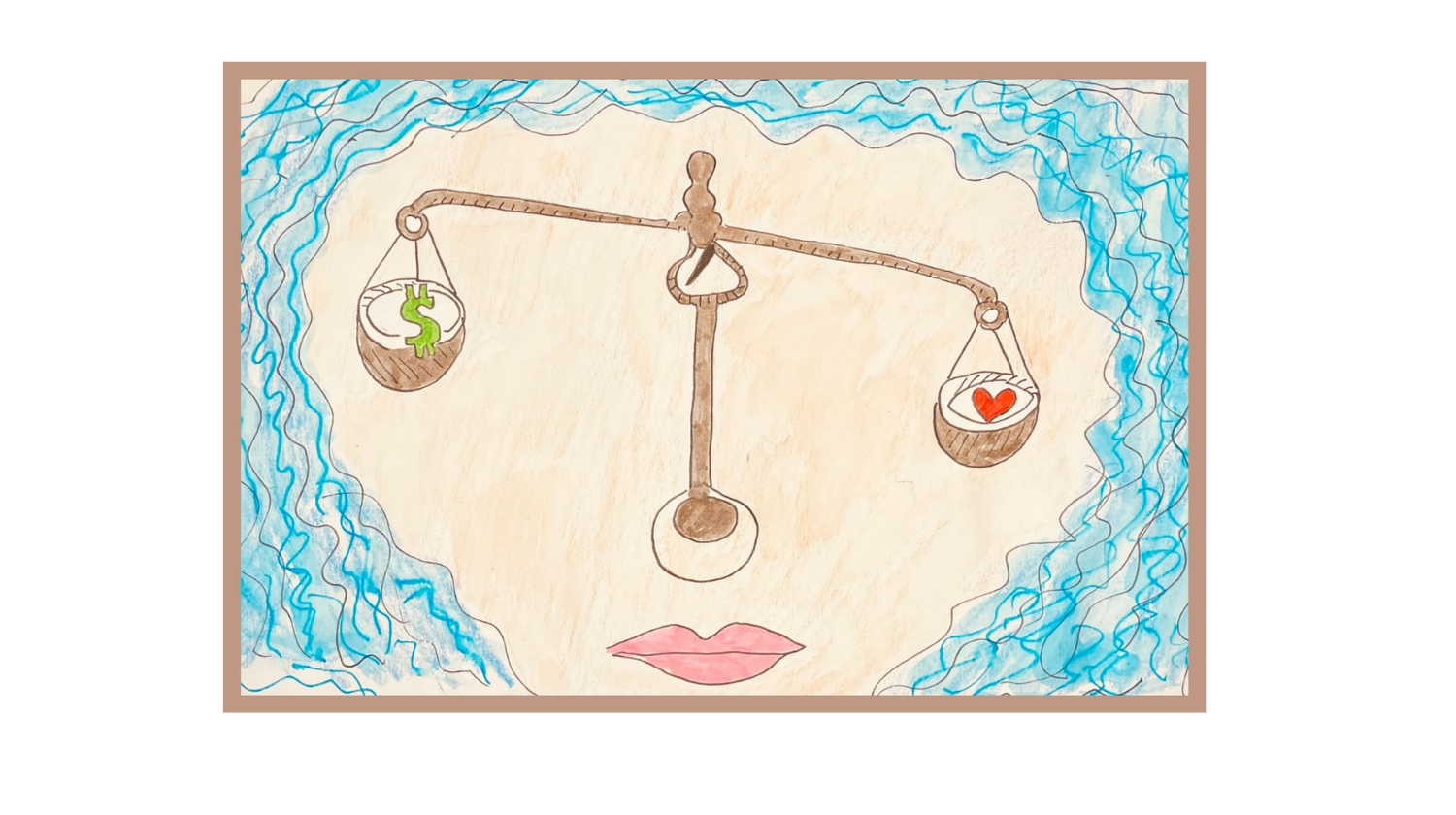Demanding Care as a Human Right
Gabriela Marzonetto
9 March 2024Civil society weighs in on the Argentine government’s petition to the Inter-American Court of Human Rights, which will hear arguments in the case this week at the tribunal in San José, Costa Rica.

[VERSIÓN EN ESPAÑOL: Demanda por el reconocimiento del cuidado como Derecho Humano]
In January 2023, the Argentine government, through the Ministry of Women, Gender, and Diversity, presented an advisory opinion to the Inter-American Court of Human Rights (IACHR) regarding the right to care. The implications of the IACHR’s pronouncement on the right involve the recognition and therefore the protection of that right; the possibility of contributing to national courts in terms of jurisprudence on cases related to the exercise of that right; the establishment of international standards that governments must comply with for its protection; and the granting of visibility and attention to the issue, which allows pressure on governments to adopt measures aimed at the protection of that right.
An IACHR advisory ruling would link the right to care to more familiar human rights claims, particularly those related to social, economic, and cultural rights. Consequently, Compromiso por los Cuidados (Commitment to Care), a civil society network, was established with the participation of various organizations, social movements, NGOs, academics, and activists. This network prepared an amicus curiae, an advisory brief that provides the court with a comprehensive summary of national, regional, and international regulations supporting the recognition of care as a universal and autonomous human right. A total of 130 documents from international networks with diverse backgrounds were submitted for this purpose.
These documents establish different interpretations of how the IACHR should proceed in the face of the Argentine state’s petition. In these studies, we can find arguments about the specific populations that require care, such as children, people with disabilities, the elderly, paid and unpaid caregivers, the working conditions of paid caregivers, the recognition of unpaid caregivers in pension systems, the conditions in which care is provided, both in contexts of deprivation of liberty, poverty, and high violation of rights, on the different forms that community care takes and the responsibilities of the state in this regard. This is based on the existing jurisprudence to argue about this right, which we consider fundamental for the sustainability of life and the enabler of other human rights.
Two fundamental aspects of this process can be highlighted, which we consider to be a beacon for similar processes in favor of the right to care at other latitudes:
First, the collective amicus curiae materialized after more than a decade of intellectual production and public policy advocacy actions to emphasize the importance of problematizing how care is organized in our society and its differential impacts on gender, social class, family structure, and existing state regulations and public services.
To this end, multidisciplinary work within the academy, with the participation of professionals from feminist economics, law, political science, and sociology, has played a fundamental role.
The work of NGOs to generate advocacy actions and build bridges between academia, civil society, state agencies, and Congress to incorporate this issue into the public agenda was a cornerstone of the process, which later made it possible to articulate these measures.
Building strategic alliances with cooperative agencies to sustain these efforts over time is fundamental to the sustainability of an advocacy process of this magnitude.
The openness and participation of specific civil society groups that advocate for different aspects of the problem made it possible to learn about the facets and characteristics of the effects of how care is provided daily, making it possible to construct the problematization of this social phenomenon.
Second, the willingness of the National Executive Branch to promote this agenda was fundamental in reaching this petition before the IACHR Court. The sustained articulation of civil society permeated through the interstices of the Argentine State, through the Ministry of Women, Gender and Diversity and the Directorate of Gender Equality of the Ministry of Economy, leading to the presentation of the Cuidar en Igualdad Bill (which today, unfortunately, lost parliamentary status, i.e. the legislative debate is back to square one), the creation of the National Board of Care Policies, and the petition before the IACHR Court to establish the right to care.
Today, the IACHR Court’s process is ongoing, and the Court has informed that hearings for the case will be held on at the Court’s tribunal in San José, Costa Rica.
At the national level, the political context has changed dramatically, and the advances in this area were swept away by the extreme right-wing government of Javier Milei, who sought to carry out a conservative restoration by which the Ministry of Women, Gender, and Diversity was eliminated; all institutions and discourse on gender equality were eliminated; and social security guarantees and benefits were dismantled. These changes exacerbate the already-dire situation of families confronting the country’s economic crisis, which has 60% of the population living below the poverty line.
It may seem utopian to discuss the right to care in this context. However, the long journey of advocacy on the issue has shown that the challenges are an inexorable part of the journey. By steering toward our lighthouse – the achievement of a more just and equitable social organization of care – we are joining in a collective struggle that transcends national borders and pursues the general wellbeing of our societies.
The cover picture is designed by Nancy Folbre
This work is licensed under a Creative Commons Attribution-NonCommercial-NoDerivatives 4.0 International License.
Eva Kittay
This is a really exciting development. Back in 2009, I published
The Moral Harm of Migrant Carework: Realizing a Global Right to Care
Eva Feder Kittay
Philosophical Topics, Fall 2009, Vol. 37, No. 2, Global Gender Justice (FALL 2009), pp. 53-73
https://www.jstor.org/stable/43154556
If its of any value to you I will be happy to send a PDF
I hope that this is a forum where progress on this issue is published